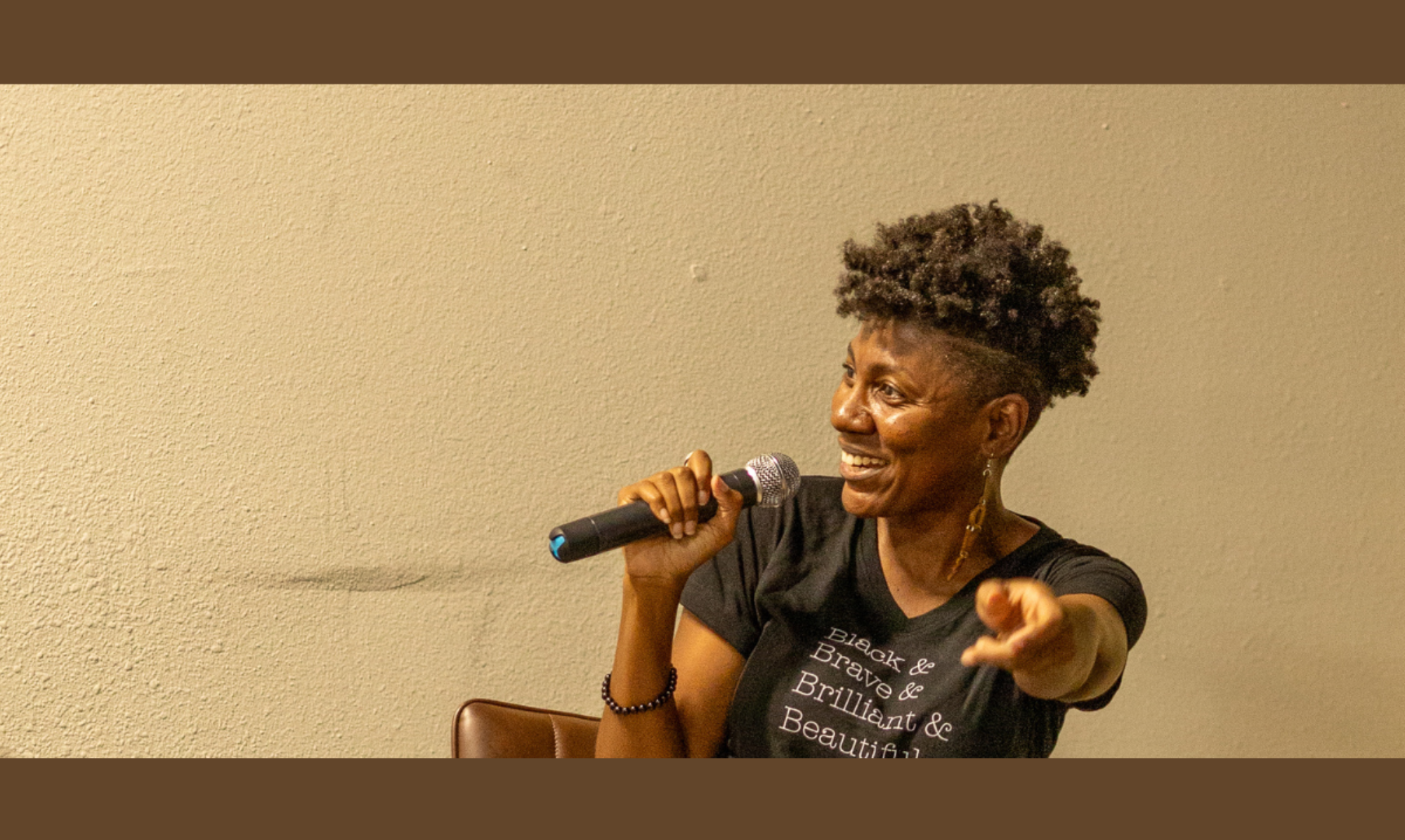The Color of Water and Me
By: Abigail Koerner, 2nd Place Division 2
Looking at me, you might assume I am Latina, Asian, North African, or any other café au lait skin toned ethnic group in the world. My physical appearance is not characteristic of one particular race, but instead represents the looks of many. People I encounter constantly try to claim me. As a little girl on the playground, I was blissfully unaware that countless mothers would ask my Mom, “Where did you get her?” These women implied that since my skin was brown and Mom’s was white, I could not have come from her. They claimed my race, assuming that since I was living in an area known for a white population, I had to have been adopted from somewhere Brown. Nowadays, these sorts of questions are asked directly of me. Answering is the easy part, I am “white”—my medical records say it, my freckled family members say it—everything except my physical appearance presents me to the outside world as a white person. But looking in the mirror, I recognize that I am not white, and I struggle to find a clear answer as to “what” I am.
As James McBride wrote in his memoir The Color of Water, “The question of race was like the power of the moon in my house.” Like Mr. McBride, I come from biracial parents; my mom is “white” (Jewish, Italian, miscellaneous European) and my dad is probably African- American. Unlike Mr. McBride, who can claim his mother’s whiteness and his father’s blackness, my father’s race is ambiguous. He comes from migrant German parents who, to the best of my knowledge, conceived him, birthed him and raised him to adulthood. My grandparents were ethnically German and looked the part—my Grandmother has blonde hair and blue eyes and my grandfather was similarly fair. My grandmother, grandfather, and their infant daughter (a fellow carrier of recessive genes) arrived in the United States and settled into Mexico, New York in 1962 where my father was born five years later. In a picture of my Dad’s white family in 1967, there is one clear outlier; my very brown father.
There is no way to know why my Dad came out the way he did. His difference is an unspoken topic as even my father himself denies his brownness. I imagine that as the only non- white member of a rural homogenous community, my Dad noticed that he was different. However, in my 17 years, he has not acknowledged his appearance. This is confusing to me, as a Brown person with Brown siblings who all came from the same Brown man. I cannot understand his lack of desire to claim the most visible part of himself.
The question of race may always haunt me but the question of my origins will not. I come from Washington, DC, the capital of the United States of America. I come from a huge public school where differences make people special. I come from good friends, good food, and a desire to continue to live a good life. Even lacking pieces of the puzzle; I know who I am. Despite these unusual circumstances in my life, I have found a sense of self. I see the advantages to looking the way I do. I think of myself as some kind of chameleon; I blend with whatever group is near. Being unable to identify my race allows me to claim and relate to people of all different colors. I write this essay to claim myself and my soul though others have tried to claim the color of my skin.
 About the Essay: I am the proud product of DC Public Schools. I graduated from Woodrow Wilson High School in Washington, DC this past June. I have rowed crew for five years. I work for Party Hands, a party planning company, as a server. I hope to become a lawyer or entrepreneur. I will attend Harvard University in the fall. I have no idea what I’ll major in but I am interested in linguistics, social sciences, and business. I hope to get an MBA.
About the Essay: I am the proud product of DC Public Schools. I graduated from Woodrow Wilson High School in Washington, DC this past June. I have rowed crew for five years. I work for Party Hands, a party planning company, as a server. I hope to become a lawyer or entrepreneur. I will attend Harvard University in the fall. I have no idea what I’ll major in but I am interested in linguistics, social sciences, and business. I hope to get an MBA.
